It was clear to me in July, just after the Brexit vote at the Trump Republican convention in the struggling Ohio city of Cleveland, that the similarities were enormous and that Trump was very likely to win. The experts, pollsters and press would be wrong again.

Trump is an outsider who will govern differently and here lies the opportunity for the UK as we move towards Brexit and beyond. Trump is likely to have billionaires and highly successful business people from the world of private equity in his cabinet and among his economic advisers.
These people expect to get things done - and fast. They find solutions, overcome problems and always have a plan B. I would expect a breakneck business-like pace to their activity. Washington officials have little idea what is coming.
Republicans made clear to me that the UK would be at the front of the queue for a trade deal. We should grasp this opportunity as a matter of urgency and try to agree a phase-one deal by the end of 2017. By agreeing a limited scope up front, we will know what we can’t agree on and put that aside so we can focus on the achievable.
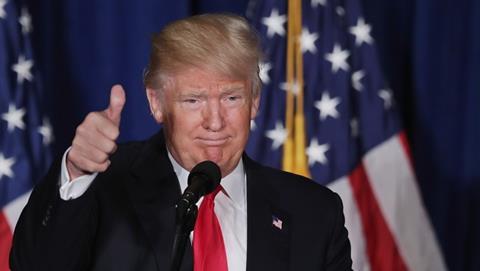
Reducing tariffs on goods such as cars for example should be easy. This helps our negotiating leverage with the EU as German car manufacturers will not want to see more Jeeps and fewer Mercedes on our streets.
These trade deals cannot be signed until we have actually left, but we are perfectly entitled to negotiate now, contrary to what the doomsayers will have us believe.
A business-like approach by new UK and US governments could also lead to an agreement on reducing offshore tax avoidance by the multinationals to the benefit of both nations’ coffers.
But we must get past the risks. Firstly, there is the issue of the Article 50 court case, brought by an elite group of whingeing ‘remainers’. They are damaging our national interest by affecting our negotiating stance with the EU and our credibility with potential global partners.
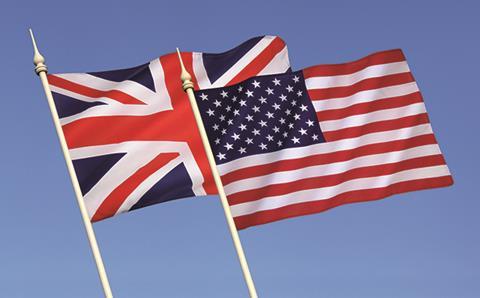
Our government will probably lose the Supreme Court case when the ruling is delivered in January. It must pass a short bill immediately afterwards and confront the Lords. Further delays may cause firms to pause investment and consumers to reduce spending as confidence wanes. We should expect other legal challenges in a concerted campaign to destabilise Brexit by those who only believe in democracy when it votes their way.
The second major risk is the state of the eurozone banking system, which cannot be blamed on Brexit. Deutsche Bank’s balance sheet liabilities are around 100 times its market value. This is not sustainable. The Italian banks’ capital shortfall is probably between €100bn (£86bn) and €200bn higher than people are being told. Massive rights issues or bailouts are inevitable, hopefully in time to prevent a major collapse in confidence.
Beyond crisis-mode
In the property world, many experts and industry leaders have been wrong about Brexit. We are quickly past the self-inflicted crisis in open-ended property funds. In the regions, industrial demand is strong and rents are rising. Housebuilders’ results continue to exceed all expectations.
In London, Apple is investing in Battersea, Google needs more space for another 3,000 jobs, ING is moving traders here from continental Europe, AXA is proceeding with its Bishopsgate skyscraper and both Land Securities’ and British Land’s revenue, profits and dividends are up.
Meanwhile, the stock market is open for fundraising, the property investment market is liquid, global investors are salivating at the cheap pound, retail sales are up and inflation remains flat.
Some market risk and uncertainty is better than complacent stability. It leads to opportunities and forces people to perform better. It stops markets rising too fast and leads to enhanced decision-making. Enjoy Christmas, before people start worrying about Le Pen…
Richard Tice is chief executive of Quidnet Capital Partners







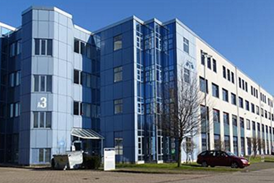
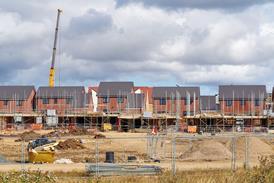















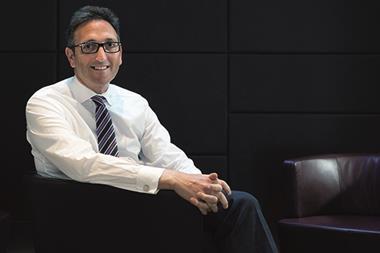
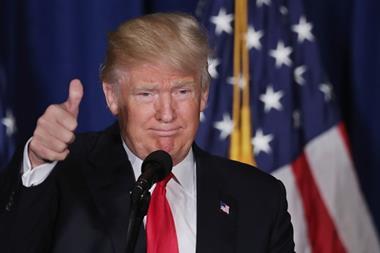
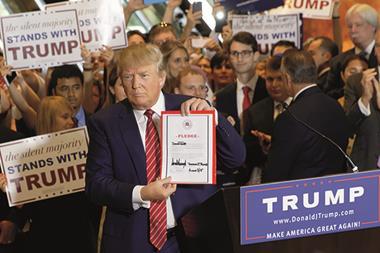


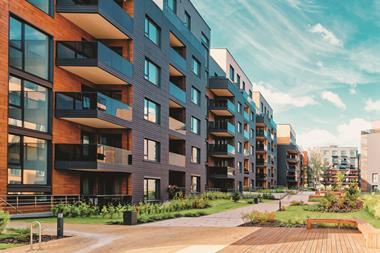
No comments yet